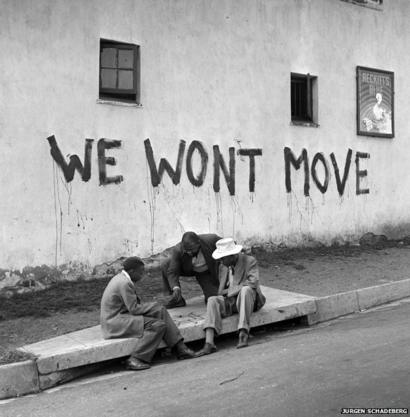- Teacher: Benjamin Berger
- Teacher: Simon Elichko
- Teacher: Marjorie Murphy
This course offers a critical examination of 1970s Southern Cone Latin American military dictatorships focusing on the making of coups d’état; the successful imposition of neoliberal economic agendas by military-civilian alliances; daily life under state terrorism; national security doctrines; and memories of the so-called “Dirty Wars”. As a research-oriented course, the second half of the semester will be devoted to a rigorous exercise of investigation focused on the relations between those Latin American dictatorships and the United States using the National Security Archive (NSA) and other primary sources.
- Teacher: Diego Armus
- Teacher: Farid Azfar
- Teacher: Robert Weinberg
This seminar aims at exploring the historical problem of change in modern Latin America. By stressing the fact that partial reforms could bring lasting revolutionary consequences and revolutionary processes could become reformist it emphasizes on two national cases.
Reform in Argentina is the first one. Focusing on the first phase of Peronism -during the 1940s and 1950s- the seminar concerns itself with the social, cultural, economic, and political dimensions of what is arguably one of the most resilient so-called Latin American populisms.
Revolution in Cuba is the second case. Concentrating its attention on the first decades of the Cuban revolution, the seminar will discuss interpretations of its overall performance between 1959 and 1989; the specific conditions that facilitated its initial success; its achievements and limitations on the economic, social, cultural and political realms; its influences on the international scene.
Reform in Argentina is the first one. Focusing on the first phase of Peronism -during the 1940s and 1950s- the seminar concerns itself with the social, cultural, economic, and political dimensions of what is arguably one of the most resilient so-called Latin American populisms.
Revolution in Cuba is the second case. Concentrating its attention on the first decades of the Cuban revolution, the seminar will discuss interpretations of its overall performance between 1959 and 1989; the specific conditions that facilitated its initial success; its achievements and limitations on the economic, social, cultural and political realms; its influences on the international scene.
- Teacher: Diego Armus

